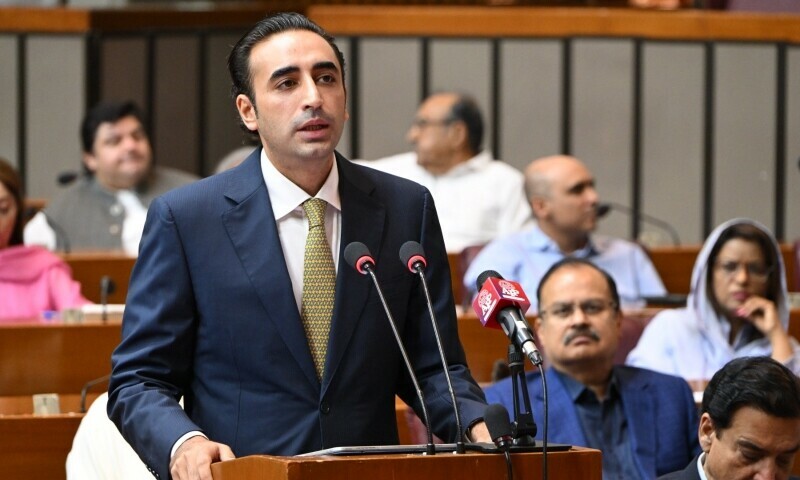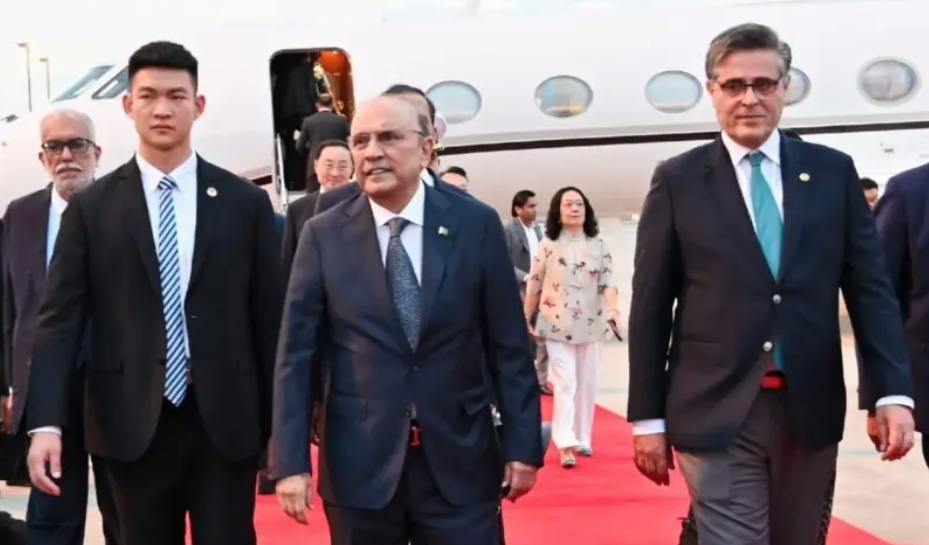POLITICS & POLICY MAKING

A viral video making rounds on the social media platform X (formerly Twitter), falsely claims that Pakistan People’s Party (PPP) Chairman Bilawal Bhutto-Zardari said, “Our people are sitting in India’s parliament.” However, a detailed fact-check confirms the video is doctored and misleading.
Since July 3, multiple Indian accounts on X and Instagram have circulated the clip, where Bilawal appears to be speaking in Pakistan’s National Assembly, allegedly making the controversial remark. The doctored clip was edited to include a split frame featuring Indian MP Gaurav Gogoi in the Indian Lok Sabha, further fueling cross-border political tensions online.
One such post, shared on July 31, garnered over 100,000 views and 5,200 shares, claiming Bilawal’s statement was proof of Pakistani influence in Indian politics. The video was amplified further by Hindutva-linked accounts and meme pages, collectively racking up over 600,000 views.
However, close analysis of the clip revealed clear signs of tampering:
· Lip-syncing inconsistencies
· Mispronunciations and use of Hindi words not typical in Bilawal’s speech
· Dubbed audio not matching real-time video cadence
Upon reverse-searching the frames, the original video was traced back to a May 7, 2025, speech by Bilawal Bhutto-Zardari in Pakistan’s National Assembly during a four-day India-Pakistan military standoff. In his verified speech, Bilawal condemned the conflict and said:
“Only thieves and cowards attack at night. If they had even an ounce of courage, they would have announced their attack during the day... We do not condone war and never have, but India should brace itself because Pakistan is yet to respond.”
No mention was made of Indian parliament or "our people" in the original footage. Reputable media outlets, including Dawn and Express Tribune, reported on the speech at the time without any reference to such a statement.
This incident highlights the growing challenge of deepfakes and misinformation in the digital age, especially in sensitive geopolitical contexts.




